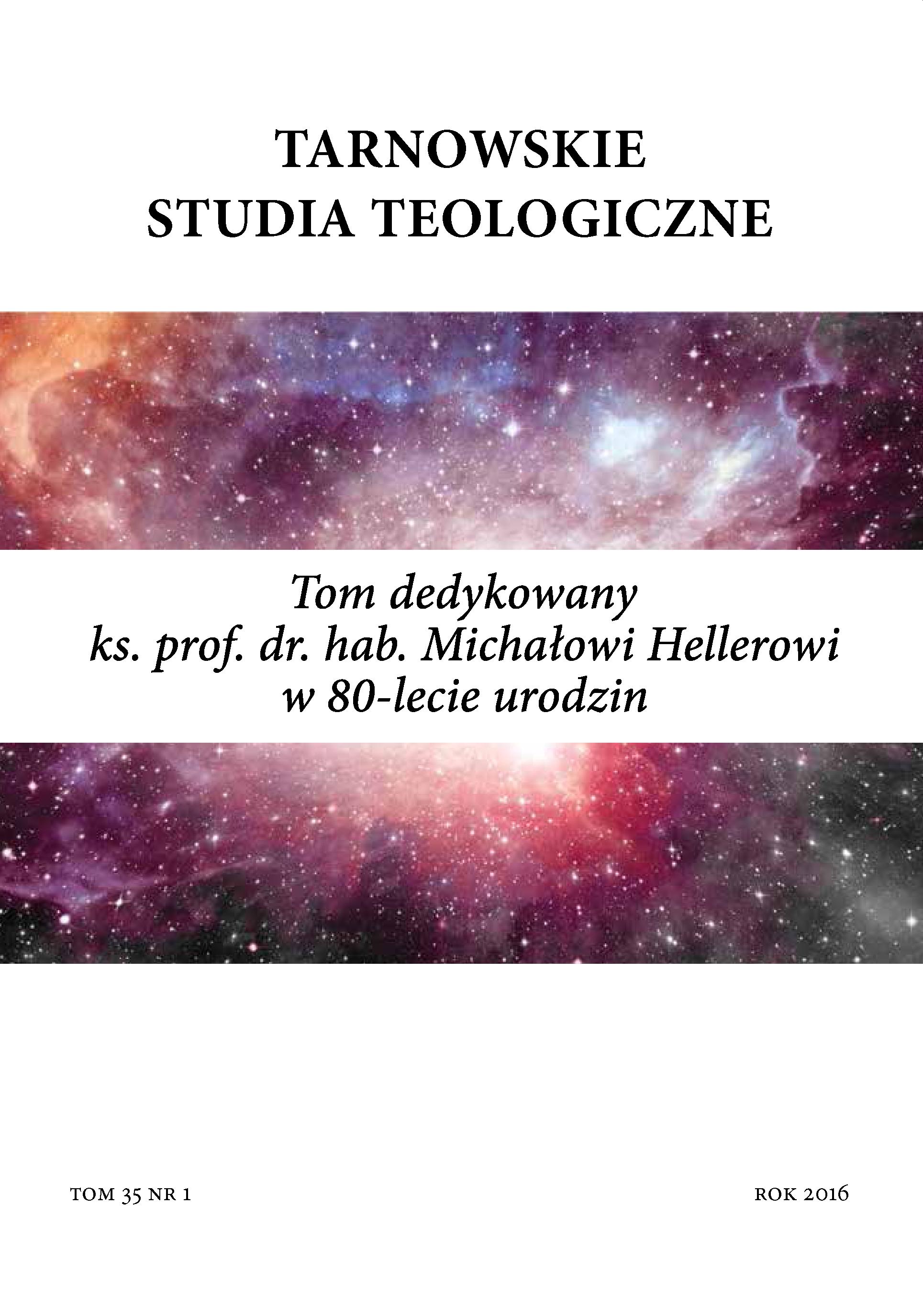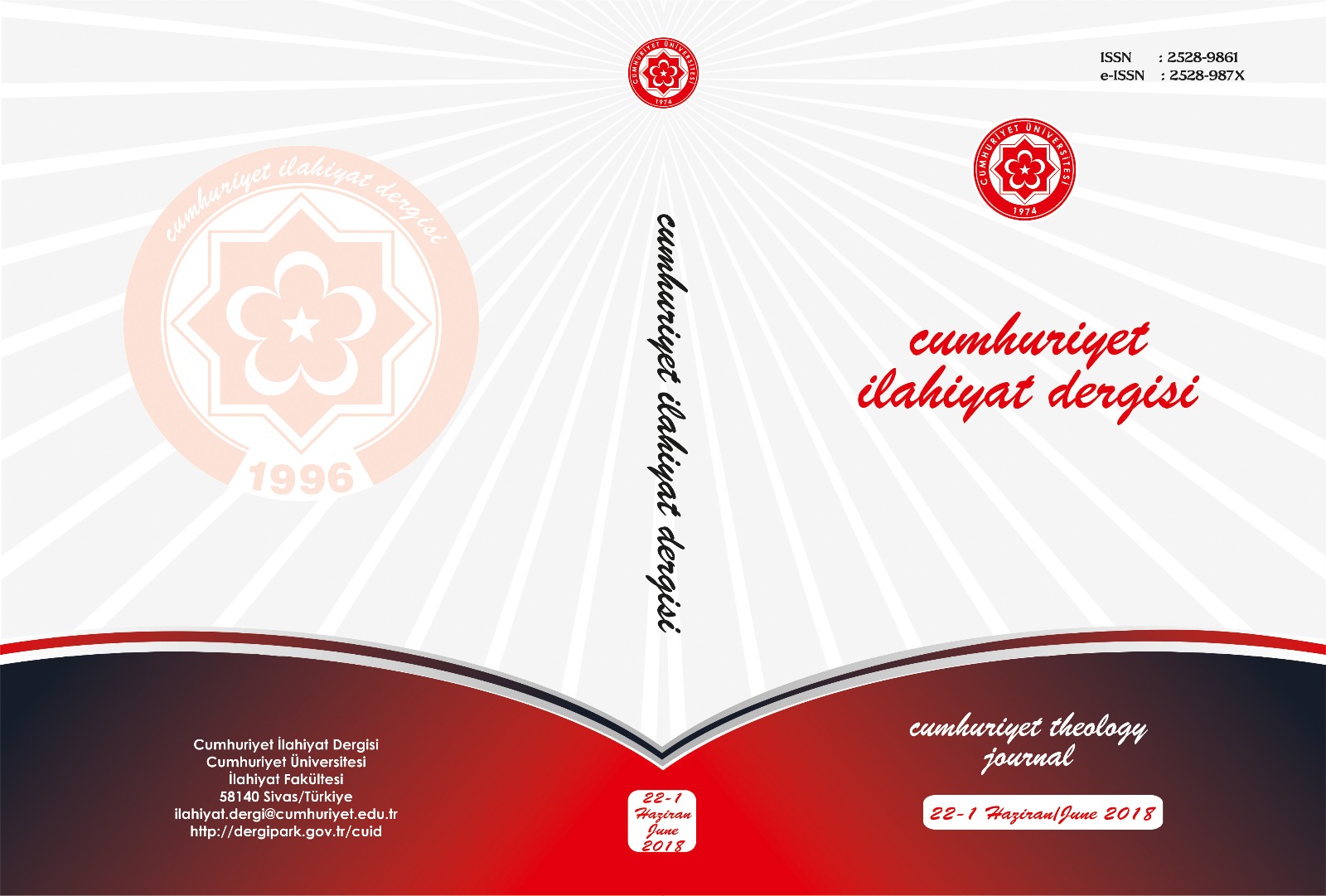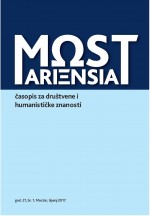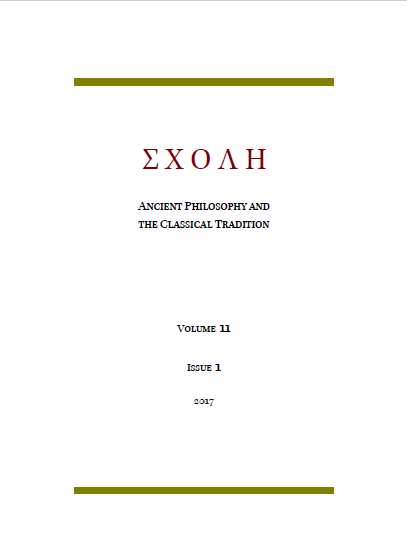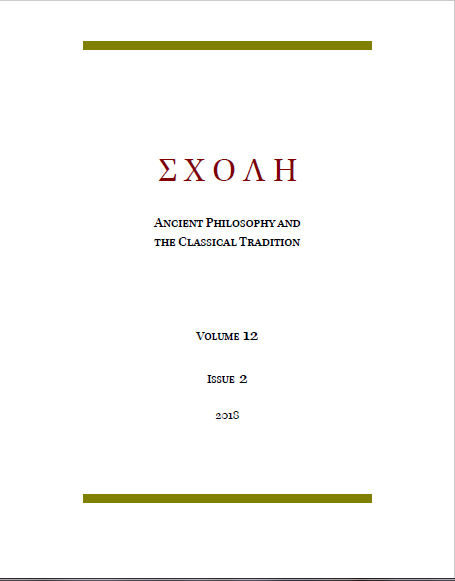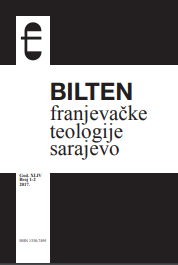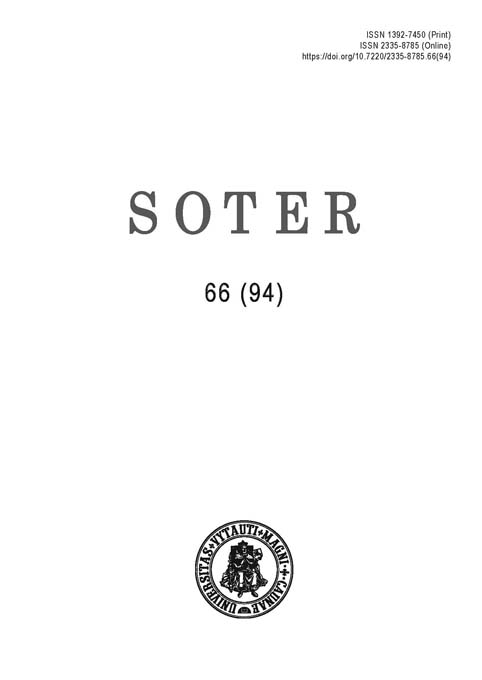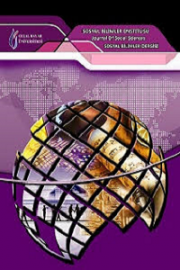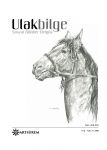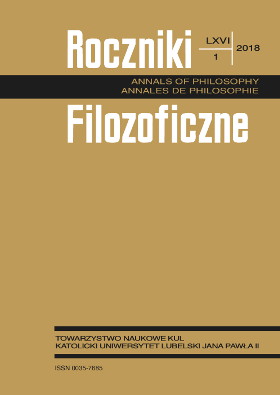Author(s): Özcan Akdağ / Language(s): Turkish
Issue: 1/2018
Whether God has a knowledge is a controversial issue both philosophy and theology. Does God have a knowledge? If He has, does He know the particulars? When we assume that God knows particulars, is there any change in God’s essence? In the theistic tradition, it is accepted that God is wholly perfect, omniscience, omnipotent and wholly good. Therefore, it is not possible to say that there is a change in God. Because changing is a kind of imperfection. On God’s knowledge, another controversial issue is whether God knows particulars or not. Most of theist thinkers argued that God is wholly perfect; because of perfectness, He must have perfect attributes. Knowing and goodness are a kind of perfect attributes. Ignoring and evil are a kind of imperfectness. If God is perfect being, He should have the perfect attributes and must know the particulars. For me in this subject, there are some similarities between al-Ghazālī and Maimonides. In this study I took into consideration the idea of al-Ghazālī and Maimonides on this subject. Based on Griffel and Stroumsa’s argument, I tried to show similarity between al-Ghazālī and Maimonides on God’s knowledge.
Summary: Whether God has a knowledge is a controversial issue both philosophy and theology. Does God have a knowledge? If He has, does He know the particulars? When we assume that God knows particulars, is there any change in God’s essence? In this study I took into consideration the idea of al-Ghazālī and Maimonides on this subject. Based on Griffel’s and Stroumsa’s arguments, I tried to show similarity between al-Ghazālī and Maimonides on God’s knowledge.
In the theistic tradition, it is accepted that God is wholly perfect, omniscience, omnipotent and wholly good. Therefore, it is not possible to say that there is a change in God because changing is a kind of imperfection. On God’s knowledge, another controversial issue is whether God knows particulars or not. Most of theist thinkers argued that God is wholly perfect; because of perfectness, He must have perfect attributes. Knowing and goodness are a kind of perfect attributes. Ignoring and evil are kinds of imperfectness. If God is perfect being, He should have the perfect attributes and must know the particulars.
Based on God’s immutability, some thinkers argued that God does not knows particulars. Particulars occurs due to the matter. Matter and its functions are continually changing. Therefore, to know the particulars requires changing in God’s essence. If God is the most perfect being, it is impossible that He is subject to affection. Thus, God does not know the particulars.
Other thinkers, like Avicenna, argued that God knows the particulars as a universal way. For example, God knows only humanity and He cannot know Zayd as a particular person. al-Ghazālī criticizes Avicenna’s idea in Tahafut al-Falasifa (The Incoherence of the Philosophers) and argues that God is a perfect being and He should know particulars as a particulars. For al-Ghazālī, God should know everything, and His knowledge is different from our knowledge. In order to explain this matter, he says in Ninety-Nine Names of God;
“But this can be understood only through an example. Perhaps you have seen the clock which informs one of the hour of worship. If you have not seen it, then, generally speaking, (it is constructed in this manner). There must be a mechanism in the form of a cylinder which contains a known amount of water. There must also be another hollow mechanism which is placed within the cylinder (but) above the water, and a string which has one of its ends tied to this hollow mechanism. The other end is tied to the part of a small container which is placed above the hollow cylinder. In (this container) there is a ball. Under the ball there is another bowl (placed) in such a manner that if the ball drops will fall into the bowl, and its jingle will be heard. Then the bottom of the cylindrical mechanism must be pierced to a determined extent so that the water can escape through it little by little…. All of this can be determined by a determination of the extent of cause which neither increases nor decreases. It is possible to make the falling of the ball into the bowl a cause of another action and this other action a cause of a third action, and to continue this process indefinitely so that from it are generated remarkable and predetermined movements (actions) of circumscribed extent. The first cause was the falling of the water in a determined quantity…. All of that happens in a determined quantity and to a determined extent which causes the determination of all of it by (adding at this point) the determination of the first movement which is the movement of the water. When you understand that these mechanisms are the principles from which movements must result, and that the movement must be determined if the result is to be regulated, then certainly that which has been determined must proceed from them….Even as the movement of the mechanism, the string, and the ball are not external to the will of the inventor of the mechanism -on the contrary, that is what He willed when He invented the mechanism- so also all the events which occur in the world, both the evil and the good and the beneficial and harmful, are not external to the will of God Most High. Rather (all of) that is the intention of God Most High for the sake of which He has planned its causes.”
For Maimonides, as in al-Ghazālī, God is a perfect being and He must have the perfect attributes. Because of knowing is a perfect attribute, He should know everything, and His knowledge is different from human knowledge. In order to explain the difference between God’s knowledge and human knowledge Maimonides gives a parable in The Guide of the Perplexed. “Suppose a thing is produced in accordance with the knowledge of the producer, the producer was then guided by his knowledge in the act of producing the thing. Other people, however, who examine this work and acquire a knowledge of the whole of it, depend for that knowledge on the work itself. An artisan makes a box in which weights move with the running of the water, and thus indicate how many hours have passed of the day and of the night. The whole quantity of the water that is to run out, the different ways in which it runs, every thread that is drawn, and every little ball that descends -all this is fully perceived by him who makes the clock; and his knowledge is not the result of observing the movements as they are actually going on; but, on the contrary, the movements are produced in accordance with his knowledge. But another person who looks at that instrument will receive fresh knowledge at every movement he perceives; the longer he looks on, the more knowledge does he acquire; he will gradually increase his knowledge till he fully understands the machinery…Our knowledge is acquired and increased in proportion to the things known by us. This is not the case with God. His knowledge of things is not derived from the things themselves; if this were the case, there would be change and plurality in His knowledge…”
As can be seen from above, when Maimonides is explaining the difference of God’s and human knowledge, he uses the same example what al-Ghazālī used. Even though Maimonides does not mention al-Ghazālī’s name in his works, it could be seen that there are a lot of similarities between al-Ghazālī’s and Maimonides’s ideas. Based on Griffel and Stroumsa’s argument, in this paper, I tried to show that there is a similarity between al-Ghazālī’s and Maimonides’s ideas on God’s knowledge. In my opinion, therefore, in the formation of Maimonides’s thought, as he thanks to Muslim philosophers like al-Farābī, Avicenna and Averroes, he also thanks to al-Ghazālī.
More...
